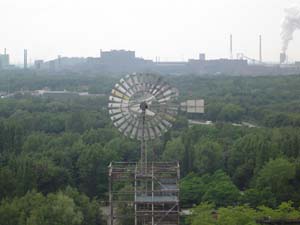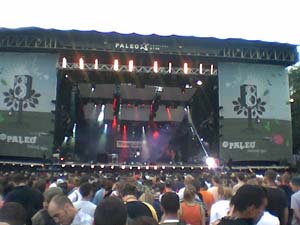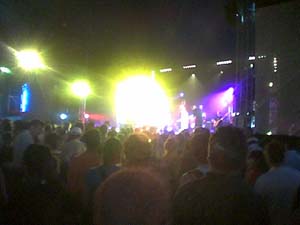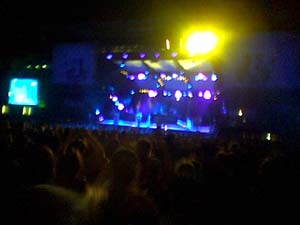Posted: July 28th, 2004 | No Comments »
Finally a fine iPod app for Windows. MyPodSoft plays music from your iPod while it is connected to your PC and extract songs from the iPod. Other iPodSoft apps for iPod are mentionned in iPodSoft – more than music (Freeware Smart Client Apps) from Jono’s Blog.
Posted: July 28th, 2004 | No Comments »
OpenNETCF.org, the web’s central repository for information and open-source projects specifically targeting the Microsoft .NET Compact Framework. They provide the Smart Device Framework which is an application framework which enriches and extends the .NET Compact Framework.
Posted: July 28th, 2004 | No Comments »
Via Java-Channel, a no-nonsense guide to Semantic Web specs for XML people written by Stefano Mazzocchi (Cocoon’s creator)
Posted: July 23rd, 2004 | Comments Off
Yesterday, we did a real-world testing of CatchBob!. The application (on both clients and server) got pleasantly really stable. Positioning could still be improved. The biggest problem remaining, being the ending condition. Maybe to form a triangle is not the way to go. Nicolas as a short report on it as well.
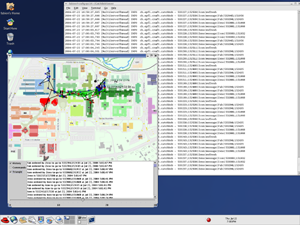
CatchBobServer output
Posted: July 20th, 2004 | No Comments »
Via Fakir, an index based on per capita income, educational levels, healthcare and life expectancy called Human Development Index is computed by the UN. It ranks Norway, Sweden, Australia and Canada as the best places to live in. The US top at the 8th position, Switzerland 11th, and Spain 20th. A report by The Business Time reports Norway is the best place to live, says UN report.
Posted: July 20th, 2004 | Comments Off
Our position paper Analysis of a Location-Based Multi-Player Game for the workshop Games and Social Network: analysis of multiplayer games at the British HCI conference has been accepted.
Analysis of a Location-Based Multi-Player Game by Nicolas Nova and Fabien Girardin
The growing number of location-based services fosters the creation of multiplayer games that take place in real settings and leaves open the question of how to analyze data generated along the game. We are interested in ubiquitous computing games in order to use it as a platform to study how people rely on spatial features in terms of collaborative interactions. The crux issue here is how to analyze the wide load of data generated by the game in an ubiquitous computing context. How should it be studied? What kinds of data may be captured and what sort of analysis should be conducted?
Posted: July 20th, 2004 | Comments Off
Notes taken during the MObile Support for Integrated Learning (MOSIL) Duisburg minicamp on educational script modelling, IMS-LD, UML and Active Documents. Official outputs are available on the MOSIL BSCW repository.
Read the rest of this entry »
Posted: July 18th, 2004 | No Comments »

